Maajid Nawaz might have the strangest job in the world. He’s a professional anti-extremist. And his mission in life is to create a sort of Al Qaeda for democracy —youth-led cells in the Islamic world that are about spreading democratic values.
It sounds a little pie in the sky. Until you hear the rest of 32-year-old Maajid Nawaz’s story which he shared onstage at the recently concluded Thinkfest in Goa. Of Pakistani descent, he grew up in a predominantly white, seaside town in England. “I didn’t feel Muslim, I didn’t feel Pakistani,” he says. But he kept seeing people who looked like him becoming victims of racist attacks. The authorities either looked the other way or were part of that “Paki-bashing”. When he was 15, he was arrested by the police on false grounds. An old lady saw his brother playing with a plastic gun and thought he was about to rob a bank. The boys were hauled in by the cops as they were coming out of a pool game.
Nawaz joined Hizb ut-Tahir, a radical Islamic group which he says “believed in the ideas of Al Qaeda without the terrorism.” That means it wanted to forcibly integrate Muslims all over the world into a Caliphate and eliminate Israel. “I became a Muslim extremist at 16 without ever reading the Koran,” admits Nawaz.
For over a decade, he was Hizb’s globetrotting brand ambassador. He formed cells in Denmark and Pakistan even as he got his degree from the School of Oriental and African Studies in Arabic and Law. Then he went to Egypt as part of his training. Hizb was outlawed there and Nawaz was picked up by the police.
“I was detained, hands tied behind my back and taken to an underground dungeon. I was prisoner #42,” says Nawaz. He talks about those days almost matter-of-factly now. He remembers prisoners being stripped naked and having electric shocks applied to their teeth and genitalia. Often men had to watch that being done to their wives in order to break them.
“Imagine you are prisoner #30 and you have to sit and hear 29 other people before it is your turn,” he says. “We talk about Guantanamo Bay but we forget the Arabs have been doing this to their people for a long time now.” He realised in that prison in Egypt that there were people there who had been in prison for as long as he had been alive.
Nawaz could have emerged from this as an even more hardened extremist. He says he did psych himself to become a suicide bomber against the Egyptian police. But instead his life took a different turn.
He was amazed that Amnesty International, that he had dismissed as part of the “soft power” of the imperialist West, would campaign for his release while his own Hizb kept silent because he was a foreign student. He learned a lot from cell block conversations with other prisoners who ranged from the assassins of Anwar Sadat to the leader of the Islamic Brotherhood to people convicted for homosexuality.
“The jihadi assassins of the former president had to eat with the homosexuals – that led to the most amazing debates,” remembers Nawaz. “It was an Arab Spring happening at a minor level.”
Now as the co-founder of two NGOs, Quilliam and Khudi, Nawaz gets to fight extremism. “The same sense of justice that drove me towards extremism is driving me to undo some of the things I’ve done,” he says. That’s where the Al Qaeda for democracy comes in. He wants to set up cells in the Muslim world that would do the inverse of what an Al Qaeda does. “You have to ask yourself why are extremist groups effective in flood relief? Why did Hamas eclipse Fatah? We need to preach democratic values now the way we preached Islamic values.”
Pakistan doesn’t need an Arab Spring: Maajid Nawaz
Maajid Nawaz spoke to Firstpost about the changes taking place in the Islamic world.
How has the Arab Spring rebranded Muslims?
Up until the Arab uprising, people could only think of Muslims as either supporting absolute monarchies or dictatorships in the Middle East or those who resisted such dictatorship through Islamism. There wasn’t any third popular viable option. The Arab uprisings demonstrated a very vivid and powerful image of young Muslims who were standing there taking bullets, fighting tanks for democracy. Not even democracy, but just basic rights. This is important for the self-esteem of young Muslims. They are now prepared to sacrifice their lives not for an extremist cause but for basic rights. This is the tipping point. What we need to do is capitalise on that.
Continues on the next page
But the Arab Spring also creates a vacuum which can lead to hardline Islamic groups coming to power?
They are. In Egypt and Tunisia and Libya they will. So the question now becomes: do we prefer the dictatorships that brutalised and tortured people and created extremism or do we prefer climates that are now at least allowing for difference, though the immediate result isn’t one we would be happy with?
I’ve long argued that closed societies produce closed minds. And closed minds are more vulnerable to extremism. Open societies or more open societies will produce relatively more open minds that are harder for extremists to capitalise on.
But you came from a relatively open society. You became an extremist. If an organisation like the ones you want to create had existed, would you have even joined it?
I don’t know what would have happened. But if there had been an alternative that existed, then I would have had to consider it before rejecting it. But there was not even an alternative. It shouldn’t be that hard to motivate a young person to work for a free and fair society because people are naturally drawn to that idea. It should be a lot harder to motivate them to become extremist.
Is Pakistan ready for an Arab Spring?
I have already said Pakistan doesn’t need an Arab uprising. It’s already had one — the lawyers’ movement which removed the dictator there. What Pakistan now needs is not processes, but a democratic culture to spread in society. Without a democratic culture, you cannot have free and fair elections.
The lawyers movement might have been successful then but when Salman Taseer was murdered, lawyers showered rose petals on his killer.
The lawyers movement was about getting rid of the dictator and having elections. What they haven’t fully taken aboard yet is the culture that is crucial to underpinning free and fair elections – freedom of speech, freedom of association, freedom of belief. Without this, you cannot have free and fair elections. The absence of that culture was what was demonstrated in the Salman Taseer case.
How would your cells spread democracy work?
What we are trying to do is create a youth-led movement that is values-based. The keyword is democratic culture not democratic process. People subscribe to the processes but they don’t subscribe to the culture. We have to get them to subscribe to the culture itself.
We have to create a values-based movement that combines relief work with propagating its values. It has to literally propagandise, to preach in society just to imbibe those values just as Islamists in the 80s and 90s used a combination of geopolitical events, successful branding and a cynical use of religion to their success. We have got to reverse that by using geopolitical events, branding and Islam to our advantage. We have to work actively over a decade or two decades to spread these values.
Do we have the time?
We don’t have the time. But a year ago, the question would have been is it even possible. Now that doesn’t seem so improbable. We do see young democrat Arabs who went out to Tahrir Square and they were not Islamists and they were prepared to die for the cause. Some of their slogans said, “We are not pro-Zionist, we are not pro-American, we are not pro-Mubarak and we are not pro-Islamist. We are standing for Egypt.” It should not be so hard to motivate them.
You have had a remarkable journey. What’s the price you have paid?
We challenge Islamists. We challenge neo-conservatives. I call well-meaning Western liberals ‘patronising Orientalists’ because they say Arab cultures don’t need to be democratic. I have become nobody’s friend.


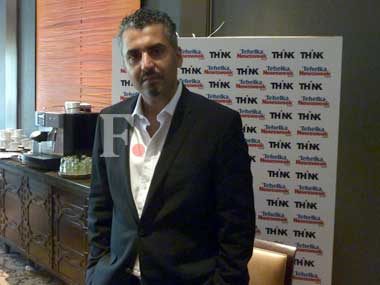)




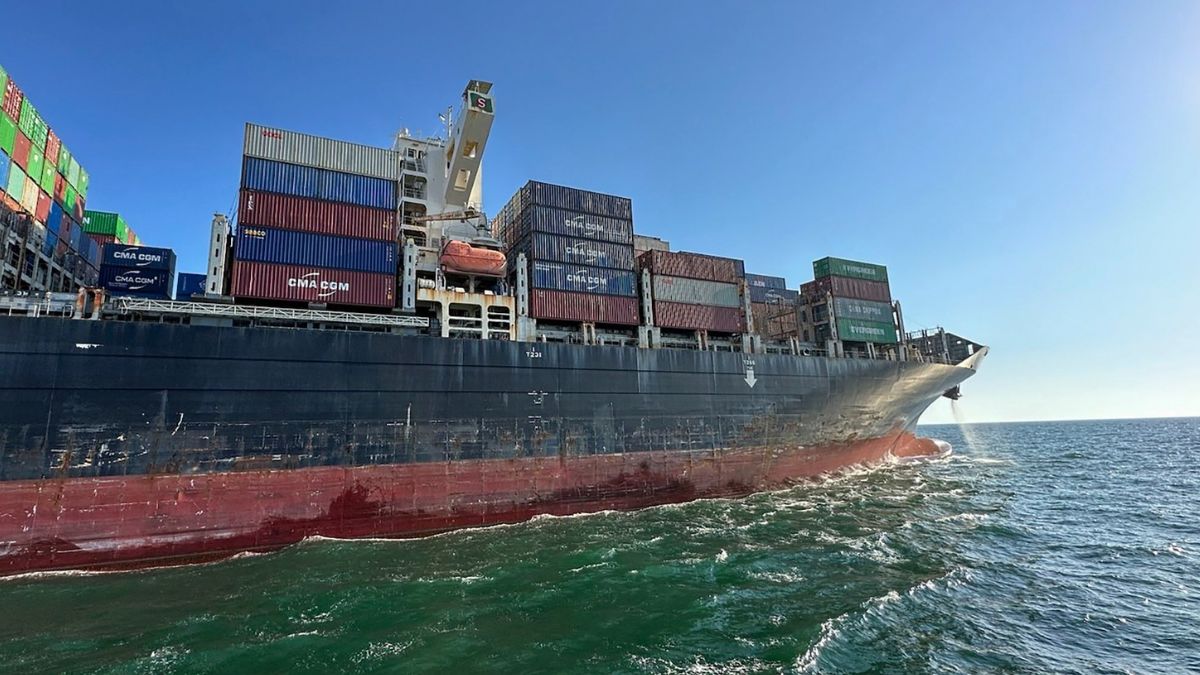)
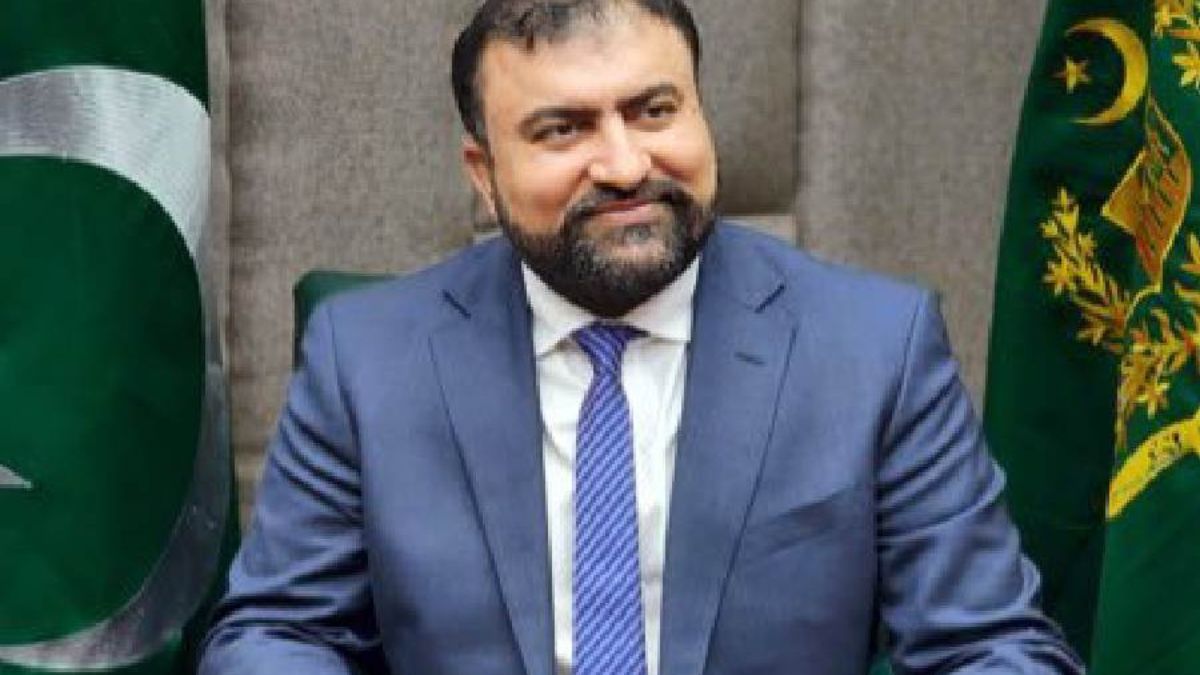)
)
)
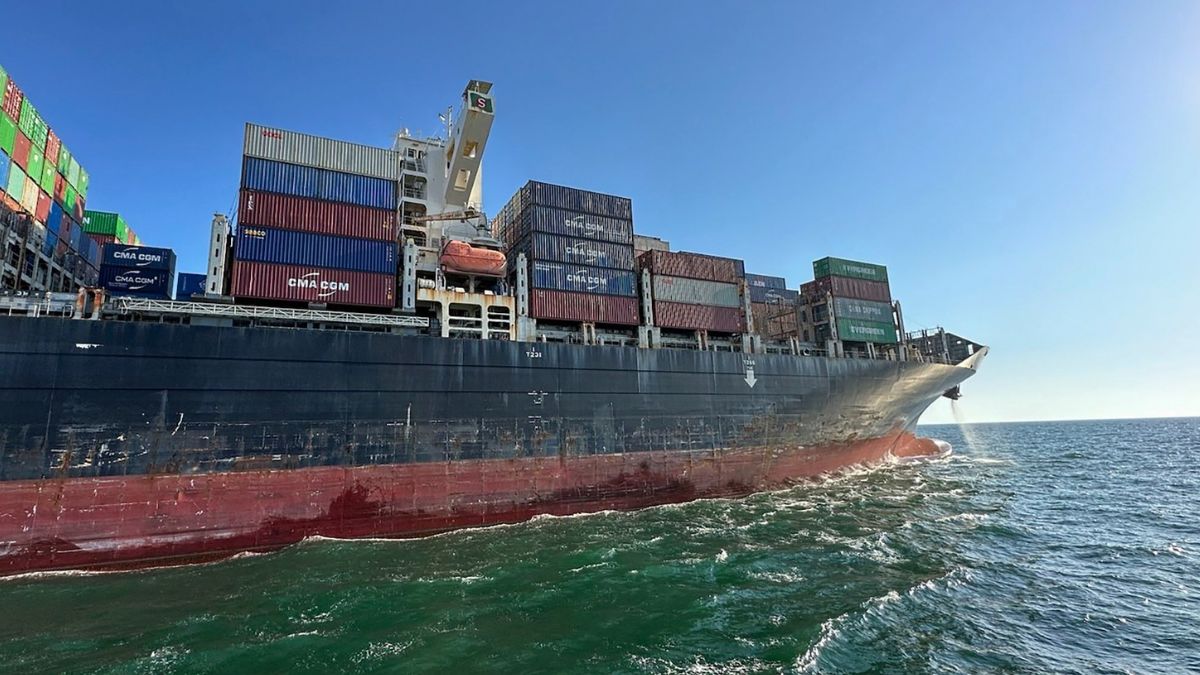)
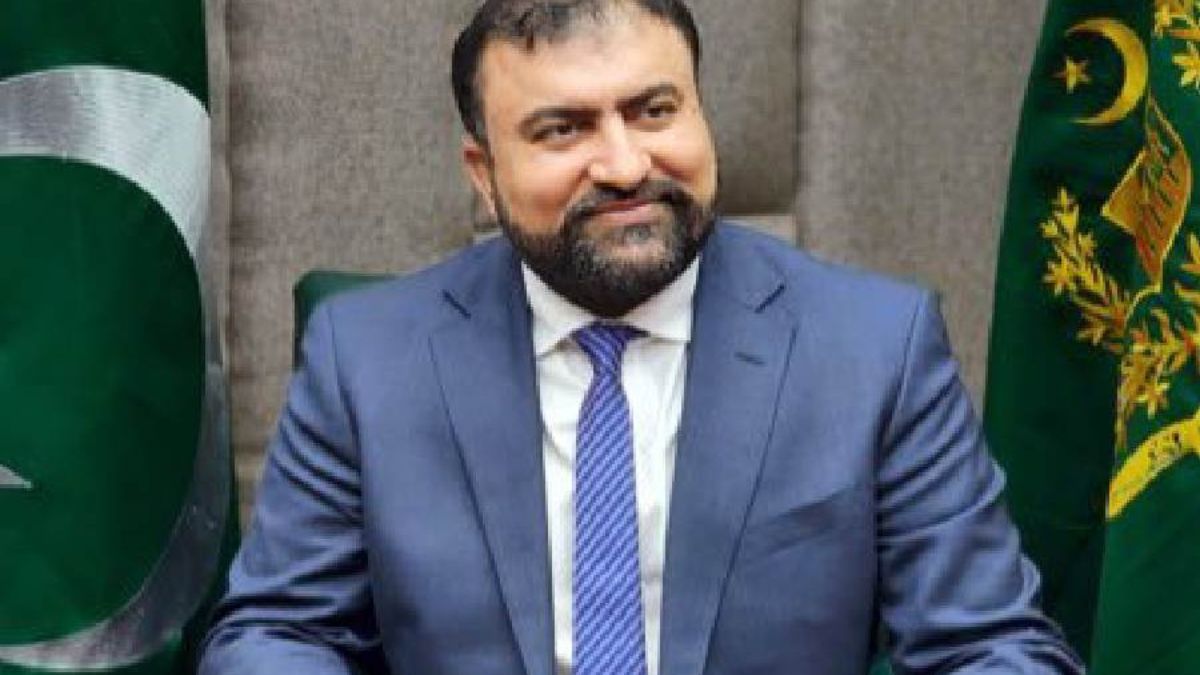)
)
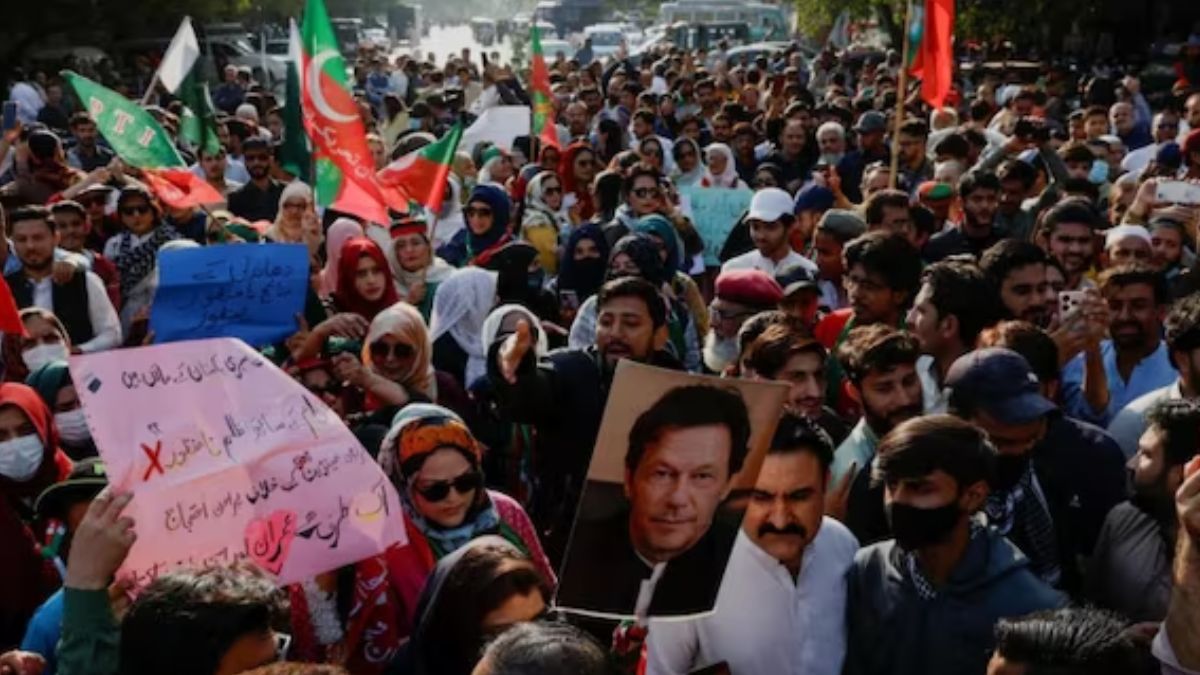)